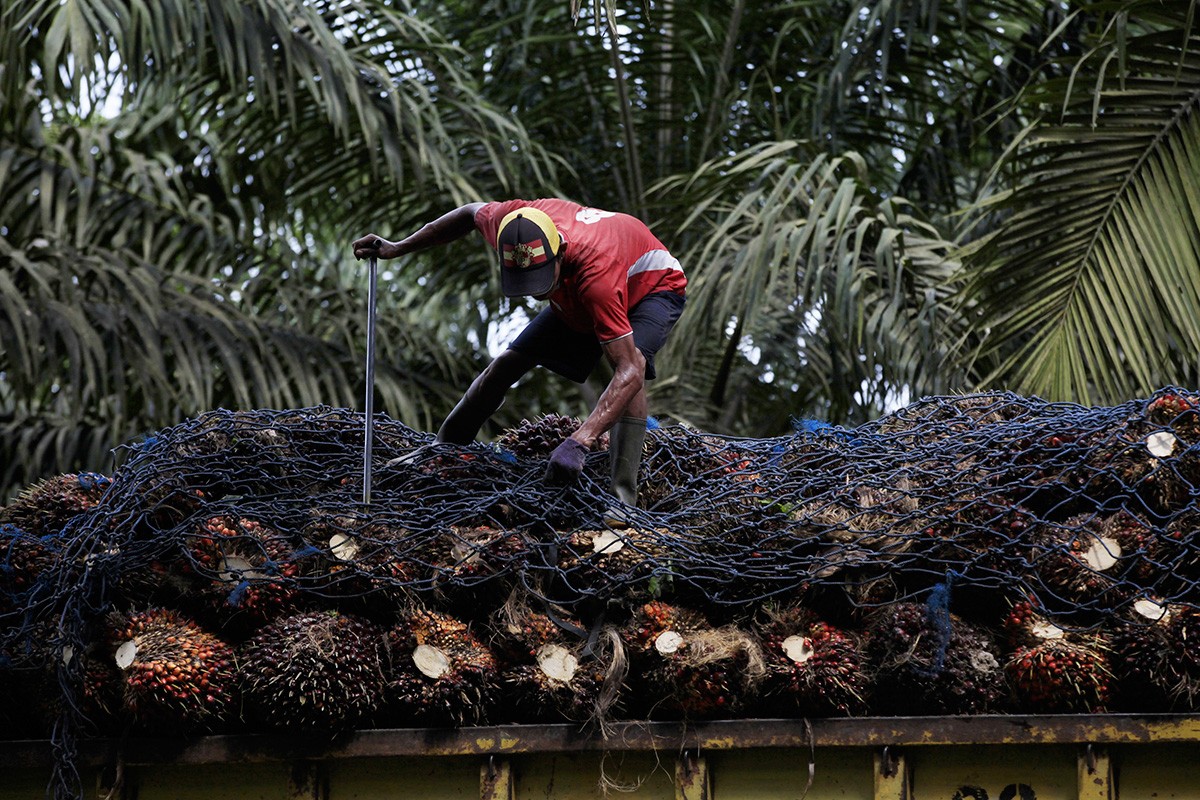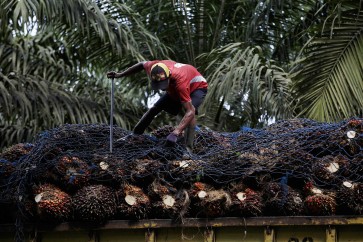Popular Reads
Top Results
Can't find what you're looking for?
View all search resultsPopular Reads
Top Results
Can't find what you're looking for?
View all search resultsSustainable palm oil for all
It may also point at workable approaches to sustainable palm oil, around which consensus can be built.
Change text size
Gift Premium Articles
to Anyone
H
eated debates have recently surrounded the palm oil sector in Indonesia and its access to export markets, including the European Union. The issue is crucial for Indonesia as the world’s largest palm oil producer, the largest exporter and about 16 million jobs depending directly or indirectly on this sector.
Palm oil has also become a public issue in many consumer countries. Governments, parliaments and citizens are paying increasing attention to environmental protection and the sustainability of production patterns, which they expect national and international standards to guarantee.
Following the palm oil debate, a statement from the World Trade Organization’s Trade and Environment Committee came to mind: “The answer is not to weaken environmental standards, but to set appropriate standards and enable exporters to meet them.”
Although it was released a few years ago about the global issue of sustainable production and consumption, the WTO Committee’s statement seems to bear an extraordinary relevance to the current debate in Indonesia. In its simple phrasing, it may also point at workable approaches to sustainable palm oil, around which consensus can be built.
To be trusted, standards and certification schemes need to be credible and include a transparent tracing/verification mechanism to ensure they are adhered to throughout the supply chain. An inclusive process also matters for various stakeholders to shape and own the principles they would eventually be held accountable for.
Weakening standards cannot be the answer. It would weaken credibility on the global market, and translate into lost economic opportunities. However, appropriate standards alone are not the answer either. Perhaps the most important word in the WTO statement is the one underlined here: set appropriate standards and enable exporters to meet them. This combination may be the one on which the future of palm oil in Indonesia and its sustainability hinges.
As part of the efforts made to address the sustainability challenge, the Indonesia’s Sustainable Palm Oil System (ISPO) was introduced in 2011 as the mandatory certification scheme intended to cover all palm oil producers in the country. Recently, the Ministry of Agriculture with UNDP support has taken the lead in analyzing the major differences that exist between ISPO and the Roundtable on Sustainable Palm Oil (RSPO), the world’s largest voluntary certification scheme for sustainable palm oil, which consumers trust most.


















